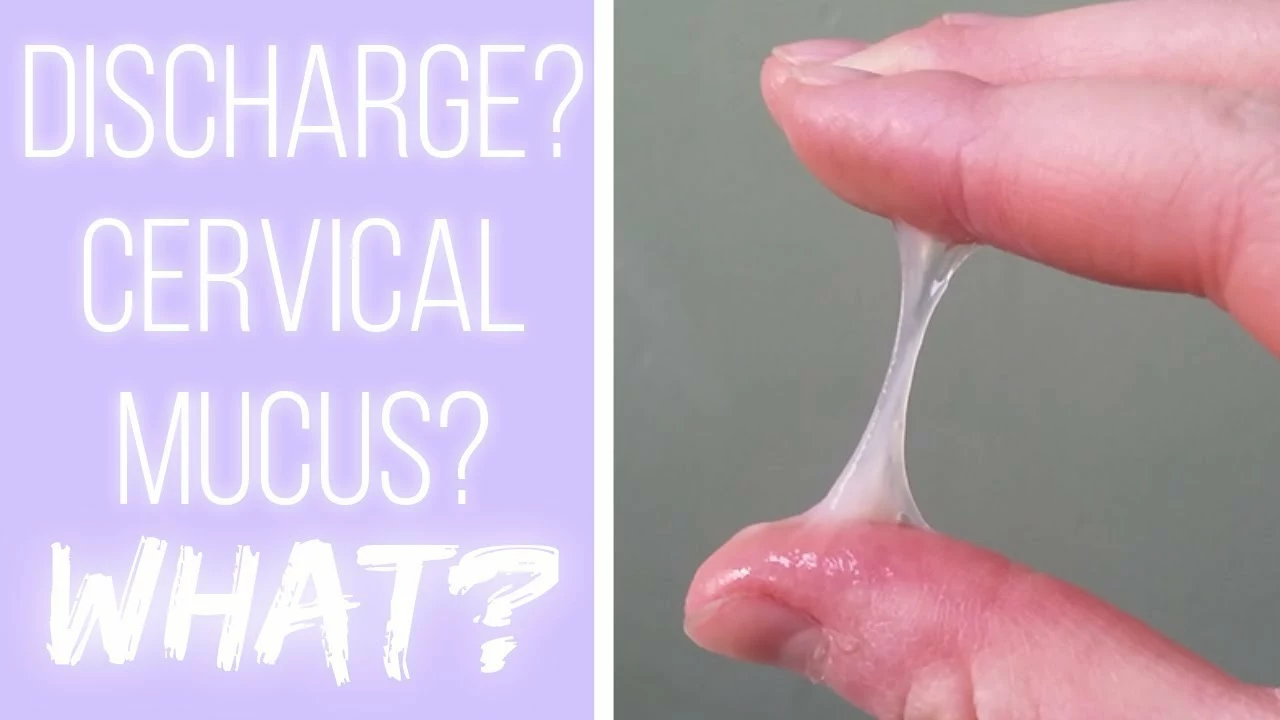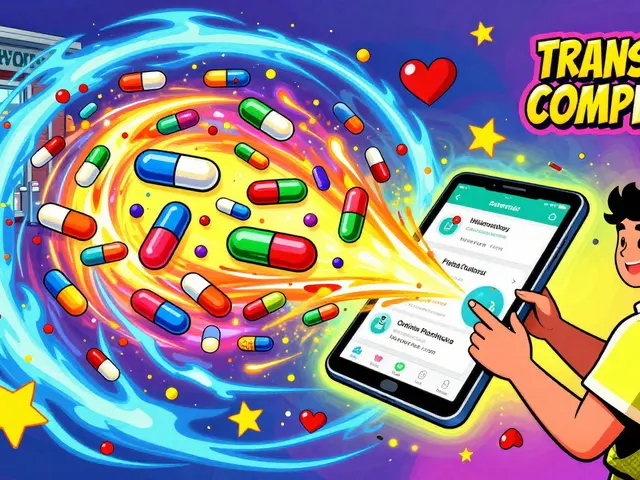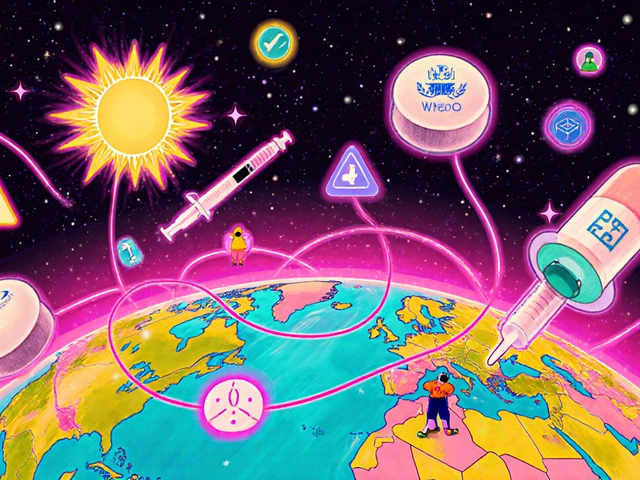Pheochromocytoma Explained – What You Need to Know
Ever heard of a hormone‑producing tumor that can make your heart race for no reason? That’s pheochromocytoma, a rare growth in the adrenal glands that releases excess adrenaline and norepinephrine. Most people don’t realize they have it until they notice sudden spikes in blood pressure or feel an unexplained panic attack.
Common Signs You Shouldn't Ignore
The first clue is usually a pattern of headaches, sweating, and a pounding heart that comes and goes. These episodes often happen when you’re sitting still or even during simple activities like climbing stairs. Some folks also notice shaky hands, pale skin, or a feeling of dread that seems to appear out of nowhere.
If you’ve been diagnosed with high blood pressure at a young age, especially if it’s hard to control with regular meds, pheochromocytoma could be the hidden cause. Keep an eye on any sudden weight loss, tremors, or panic‑like attacks that don’t match your stress level – they’re worth mentioning to your doctor.
How Doctors Pin It Down and What Comes Next
The diagnostic process starts with blood and urine tests that look for elevated catecholamines (the chemicals adrenaline releases). A positive result usually leads to imaging scans—CT or MRI of the abdomen—to locate the tumor. In some cases, doctors use a special scan called MIBG to see if the growth is spreading.
Once the tumor is confirmed, surgery is the main cure. Laparoscopic removal works for most patients and often resolves symptoms fast. If surgery isn’t an option because of size or spread, medication to block hormone effects can keep blood pressure steady while other treatments are considered.
Recovery after removal usually means a quick drop in blood pressure spikes and less anxiety. Your doctor will monitor you for a few weeks with follow‑up tests to make sure the tumor doesn’t come back.
Bottom line: if you’ve got unexplained heart‑racing episodes, night sweats, or stubborn high blood pressure, ask your healthcare provider about pheochromocytoma. Early detection makes treatment easier and can save you from future complications.
The Impact of Pheochromocytoma on Fertility and Sexual Health
As a blogger, I recently explored the impact of pheochromocytoma on fertility and sexual health. Pheochromocytoma is a rare tumor that affects hormone-producing cells in the adrenal glands, leading to an overproduction of adrenaline and other hormones. This condition can have significant consequences on a person's reproductive health, including causing hormonal imbalances that can lead to irregular menstrual cycles, decreased libido, and erectile dysfunction. Moreover, the stress and anxiety caused by the tumor can also exacerbate these issues, making it even harder for individuals to conceive or maintain a healthy sex life. It is crucial to raise awareness about this rare condition and the importance of early diagnosis and treatment to improve the quality of life for those affected.






